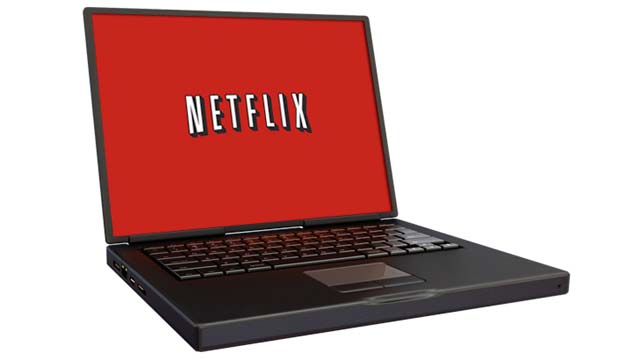
Streaming media providers such as Netflix may have to pay for their services to not be interrupted, which may result in higher monthly cost for consumers.
Last week the Court of Appeals for the District of Columbia struck down the Federal Communication Commission’s Net Neutrality Rules, which were meant for protecting online TV- and movie-watchers from back-door deals between Internet service providers (ISPs) and online media providers such as Netflix, Hulu and Amazon.
Verizon lead the complaint against the FCC, claiming that the “Commission lacked affirmative statutory authority to promulgate the rules, that its decision to impose the rules was arbitrary and capricious, and that the rules contravene statutory provisions prohibiting the Commission from treating broadband providers as common carriers,” according to the final decision docket (you can read the full decision below).
But the main question on everyone’s mind is: How will this affect my Netflix bill?
Here’s what you need to know.
1. Net Neutrality Was Meant To Protect Media Streams
This video created by Public Knowledge gives an overview of what Net Neutrality really means:
Net Neutrality was the term given to the FCC’s Open Internet Order. “Under this principle, consumers can make their own choices about what applications and services to use and are free to decide what lawful content they want to access, create, or share with others,” according to the FCC’s website. “This openness promotes competition and enables investment and innovation.”
In 2007, Comcast slowed down BitTorrent traffic because it was clogging traffic in its broadcast, an act that resulted in the FCC fining Comcast, said Laura Sydell with NPR. “The FCC cited Comcast for slowing it, and Comcast took the FCC to court and it won. And that’s when the FCC tried to write the open Internet rules that just go struck down,” she said.
Under the Net Neutrality Rules, the FCC forbade ISPs from slowing down the Internet as to make it “effectively unusable.”
2. The FCC Shot Themselves in the Foot

Chairman Julius Genachowski listens to remarks before the commission voted to adopted controversial Net Neutrality Rules. (Getty)
The decision may have seemed like a blow to the FCC, but they really only had themselves to blame, it would seem. The FCC had previously decided that broadband carriers were outside of the FCC’s regulatory reach. “Given that the commission has chosen to classify broadband providers in a manner that exempts them from treatment as common carriers, the Communications Act expressly prohibits the commission from nonetheless regulating them as such,” Judge David Tatel wrote in his decision.
The court did decide, though, that ISPs must remain transparent in how they do business with companies like Netflix.
The National Cable and Telecommunications Association (NCTA) favored the ruling and claimed it as a win for “competitive forces in the marketplace,” according to a blog post on their official blog page.
But former commissioner for the FCC, Michael Copps, argued that the FCC needs to be “big enough” to stand up and change the broadband regulations to be included under Title II of the FCC rules, regulating broadband under the telecommunications division.
“Without this step, we stifle innovation, put consumers under the thumb of special interests, and pull the props from under the kind of rich civic dialogue that only open and non-discriminatory communications can provide,” Copp said.
3. Your Bill Will Not Go Up… For Now
Net neutrality ruling is a net loss for many businesses http://t.co/VyCJIykrqP #MultiBriefsOC #netneutrality #FCC
— MultiBriefs (@MultiBriefs) January 20, 2014
There has been worry that the ruling will force rates to go up for consumers who stream media on their laptops or tablets, however it has been pure conjecture. “It’s a fair assumption that we can expect a host of ‘sky is falling’ pronouncements from predictable quarters,” said the NCTA.
The fear comes from ISPs favoring certain companies over another, and slowing down competitors so that they would have to pay to be on preferred streams, which would then be passed down to consumers. The fear is “that network providers will come knocking on Netflix’s door with their hands outstretched, and the company will pass along additional costs by ratcheting up your bill,” reported CNET.
But Verizon vowed that the court’s ruling would not change consumers’ experience. “One thing is for sure: Today’s decision will not change consumers’ ability to access and use the Internet as they do now,” Verizon officials said.